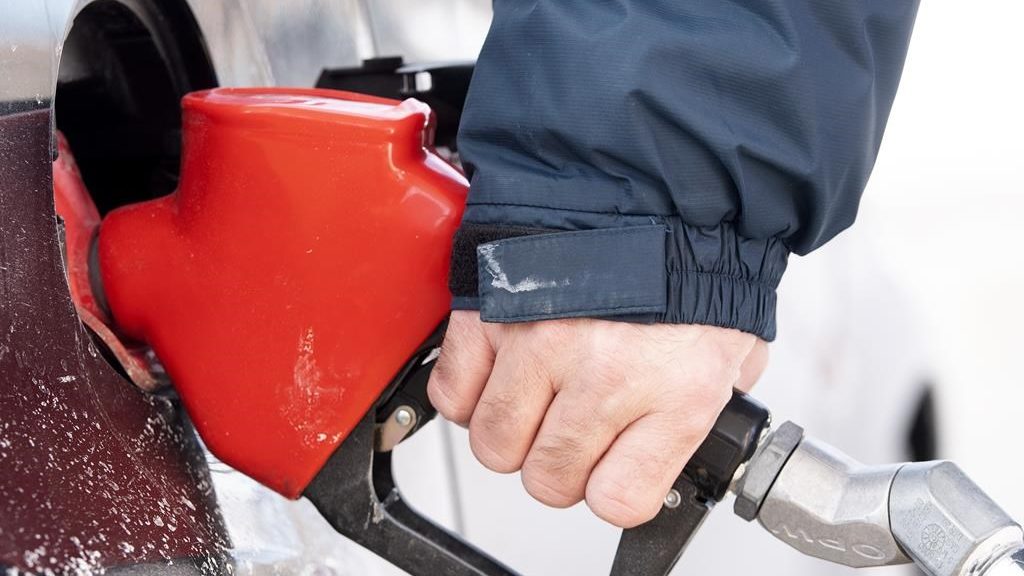Sales of Japanese autos plunge in China on anti-Japan sentiments sparked by islands row
Posted Oct 9, 2012 08:05:17 AM.
This article is more than 5 years old.
TOKYO – Sales of Japanese vehicles nosedived in China during September as anti-Japanese sentiment flared over a territorial dispute that threatens to hobble what was a booming business relationship between Japan and its biggest export market.
Toyota Motor Corp. said Tuesday that sales of new vehicles in China dropped 48.9 per cent in September from a year earlier to 44,100 vehicles. Honda Motor Co. said September sales plunged 40.5 per cent to 33,931 vehicles. China sales for Nissan Motor Co. slid 35.3 per cent last month to 76,100 vehicles.
The stunning plunge in sales comes after Japan last month nationalized tiny islands in the East China Sea, called Senkaku in Japan and Diaoyu in China, which had already been controlled by Tokyo but also claimed by Beijing.
The move set off violent protests in China, and a widespread call to boycott Japanese goods. Toyota and Honda dealerships were burned down in one city, and crowds shouting anti-Japanese slogans have gathered and smashed Japanese cars.
Although the flare-ups have calmed in recent weeks, it would still require courage to be seen in a Japanese car in some Chinese cities.
Japanese automakers temporarily closed some of their China factories. Production is back up this week — but reduced to lower levels as demand has collapsed.
Last week, Mitsubishi Motors Corp. reported that China sales dived 63 per cent to 2,340 vehicles in September. Mazda Motor Corp. said its sales in China sank 36 per cent to 13,258 vehicles for the month.
A study by J.P. Morgan, released Tuesday, projected Japanese auto exports to China to crash 70 per cent during the October-December period. It said that the export of auto parts will slip by 40 per cent — about the same drop estimated for exports of other consumer products such as electronics.
Combined, the aftermath of the territorial spat with China will shave 0.8 percentage point off Japan gross domestic product growth for the fourth quarter, sending Japan’s overall economy slightly downward, instead of the initial forecast for flat growth, according to J.P. Morgan.
China, with its growing middle class, had been one of the emerging markets that Japanese automakers were counting on to boost sales amid a long stagnation in the domestic auto market.
Toyota, Japan’s No. 1 auto company, which makes the Prius hybrid, Camry sedan and Lexus luxury models, had planned to sell 1 million vehicles in China this calendar year.
“But that may be very difficult to achieve,” company spokesman Dion Corbett said.
___
Follow Yuri Kageyama: www.twitter.com/yurikageyama










